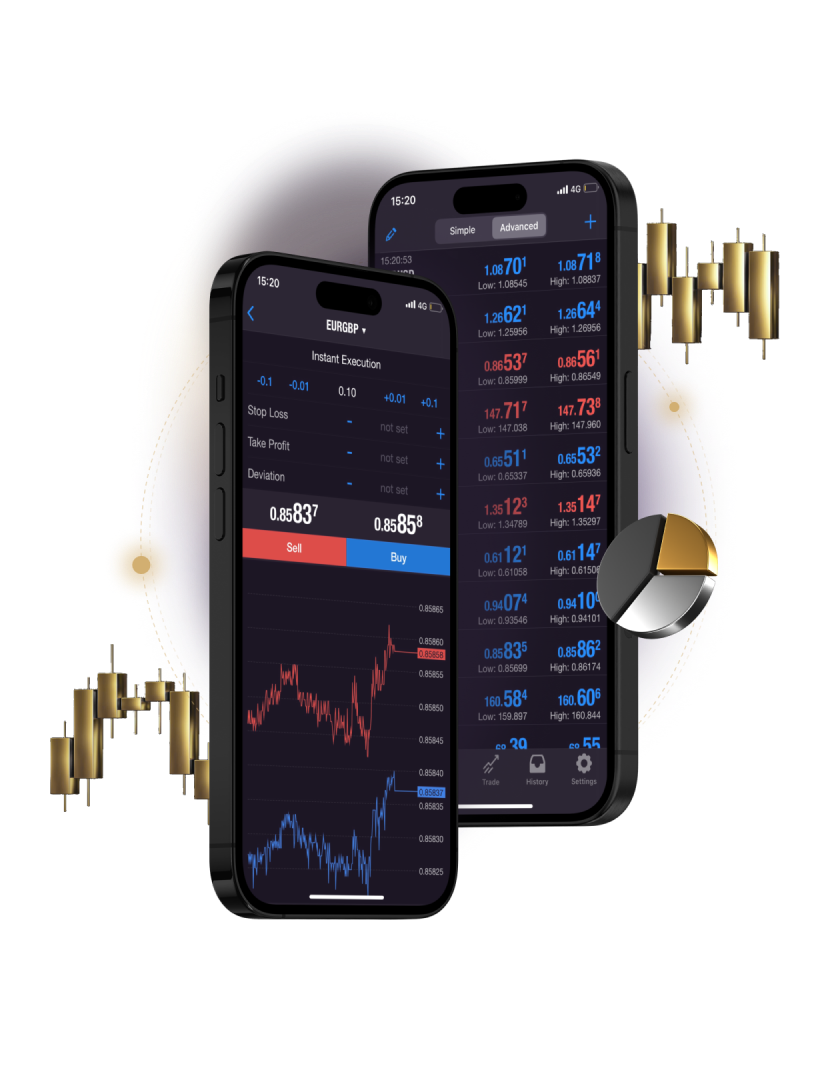How to Manage Risk in Forex Markets

Forex trading is one of the most liquid and fast-paced financial markets globally, attracting traders seeking opportunities in currency fluctuations. However, the high volatility in forex markets can pose significant risks, making it crucial to have a robust risk management strategy in place. Here, we will explore effective methods to mitigate risks and ensure sustainable trading practices.
Diversify Your Portfolio
One of the most effective ways to manage risk in forex trading is diversification. Instead of focusing on a single currency pair, traders should spread their investments across multiple pairs and asset classes. This approach helps reduce the impact of adverse movements in one particular market, safeguarding overall portfolio value. Statistics suggest that over 60% of successful forex traders maintain a diversified portfolio to mitigate risks.
Set Stop-Loss Orders
Stop-loss orders are an essential tool for managing risk in forex markets. These orders automatically close a position when the market moves against you by a predetermined amount. By using stop-loss orders, traders can limit their losses and protect their account from significant damage. For example, data from trading platforms shows that traders using stop-loss orders reduce their loss exposure by approximately 40% compared to those who don’t.
Leverage with Caution
While leverage in forex trading increases potential returns, it significantly amplifies risks. Statistics reveal that nearly 77% of new traders experience losses primarily due to excessive leverage use. The key is to use leverage wisely, ensuring it aligns with your risk tolerance and capital. Limiting leverage ratios to a conservative level can protect you from rapid losses during market downturns.
Monitor Economic Indicators
Forex markets are highly sensitive to global events and economic data. Keeping track of indicators such as interest rates, employment reports, and GDP growth can provide insights into potential market movements. Professional traders often dedicate time to analyzing these metrics, reducing their risk by making informed decisions rather than trades based on speculation. Research shows that traders who incorporate fundamental analysis are 35% less likely to incur significant losses.
Maintain a Trading Journal
Maintaining a trading journal is a critical yet often overlooked component of effective risk management. Logging each trade—along with the rationale, outcomes, and areas for improvement—provides invaluable insights. Data reveals that disciplined traders who regularly review their trading logs see a 20-25% improvement in their decision-making consistency.
Adopting these strategies can help traders maintain control over their investments in a highly volatile market and avoid large-scale losses. Although forex trading offers vast opportunities, the risks should never be underestimated. Employing discipline, along with data-driven decision-making, is what sets successful traders apart.